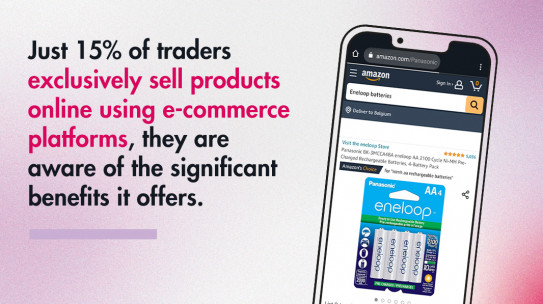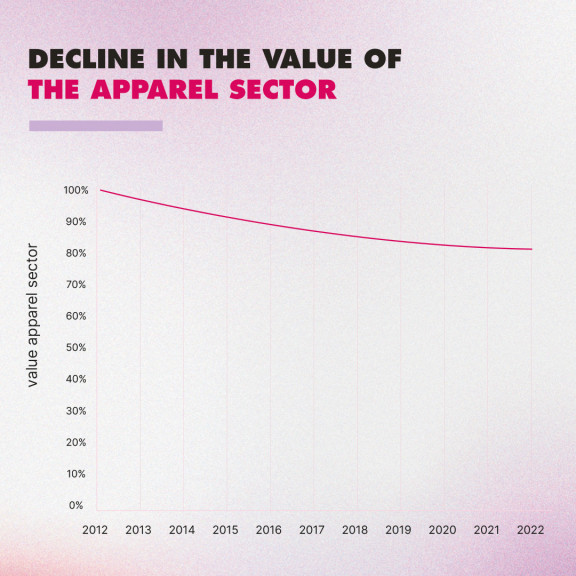Unified commerce
More than half of all stores in France have not yet made the transition to digital. It is challenging for those who have started to digitalize their firms to get a return on their investment. It is crucial that traditional traders speed up their transition to unified commerce but not at any expense or under any circumstances.
French people, whether they work for little businesses or large multinationals, have a strong sense of loyalty to their communities. In a recent survey conducted by Harris Interactive on behalf of Rakuten, 93% of respondents said that stores are a valuable asset in town centers. Even though some business models, particularly in big cities, have been successful in resurrecting town centers or neighborhood shops, other businesses have failed since the advent of e-commerce platforms.
Traffic acquisition
FOCUS ON MARKETPLACES AND SOCIAL SHOPPING
Marketplaces are playing a bigger and bigger role in the retail world. They now make up about a third of all online transactions, according to a recent barometer survey by the Fédération du E-commerce et de la Vente Distance (FEVAD - Federation of E-commerce and Distance-sellingmost). They've developed to the point that online storefronts may now be built using them, right? Although just 15% of traders exclusively sell products online using e-commerce platforms, they are aware of the significant benefits it offers.

The greatest and most affordable ranking is provided through marketplaces, as opposed to organic acquisition, which would cost hundreds of dollars. Retailers are embracing social media more and more to attract customers to their websites and physical stores. As fully functional e-commerce platforms, Facebook, Instagram, and Pinterest have all undergone complete self-reinvention. Social selling is advantageous for retailers, and mobile commerce hit a record high in 2018 with 35% of all sales coming from m-commerce platforms.

Act of purchase
MOBILE PAYMENT, PARTICULARLY USEFUL IN TOURIST AREAS
Retail establishments are starting to use digital tools; at this point, almost every second store has at least one. Customers in France, on the other hand, are uninterested in digital technologies and still value face-to-face encounters with salespeople. Among the digital technologies they find most useful are screens for virtually putting on products (43%), mobile payment (44%), and virtual reality (43%). (43 percent ). It's important to note that one in two French people have doubts about mobile payments.
This reluctance stands in stark contrast to the American and Asian tourists who made up a major portion of France's 90 million visitors in 2018, and who frequently adopt virtual solutions. Because of this, some of the biggest French retailers, including Galeries Lafayette, BHV, and most recently Franprix, have developed connections with the leading Chinese (Alipay, WeChat Pay), as well as American (Apple Pay), providers of mobile payment systems.
Customer retention
HYPER-PERSONALISATION VS. DATA
According to Accenture Consulting, acquiring a new customer is five times more expensive than keeping an existing one. In contrast, a client who joins a loyalty program may generate 18% more revenue for a business. Because they are hyper-personalized and aware of their expectations, customers make and keep making purchases. Customers in France who were polled indicated that they are more likely to shop at stores that cater to their particular requirements (66%) than at other types of retailers. However, 40% of them voiced worry about how technology is now able to accurately detect and anticipate their needs.
The Cambridge Analytica scandal revealed numerous instances of misusing personal data. Regulations are paying greater attention to merchants since the General Data Protection Regulation was adopted (GDPR). This calls on companies to use data responsibly, primarily to enhance the customer experience and deliver hyper-relevant goods and services.
By putting the customer at the core of their strategy, traditional retailers must work toward a successful digital transformation at every stage of the purchasing process. By taking into account uses and experiences, businesses can make sure that they provide customers with tangible benefits and earn a return on their investments.
